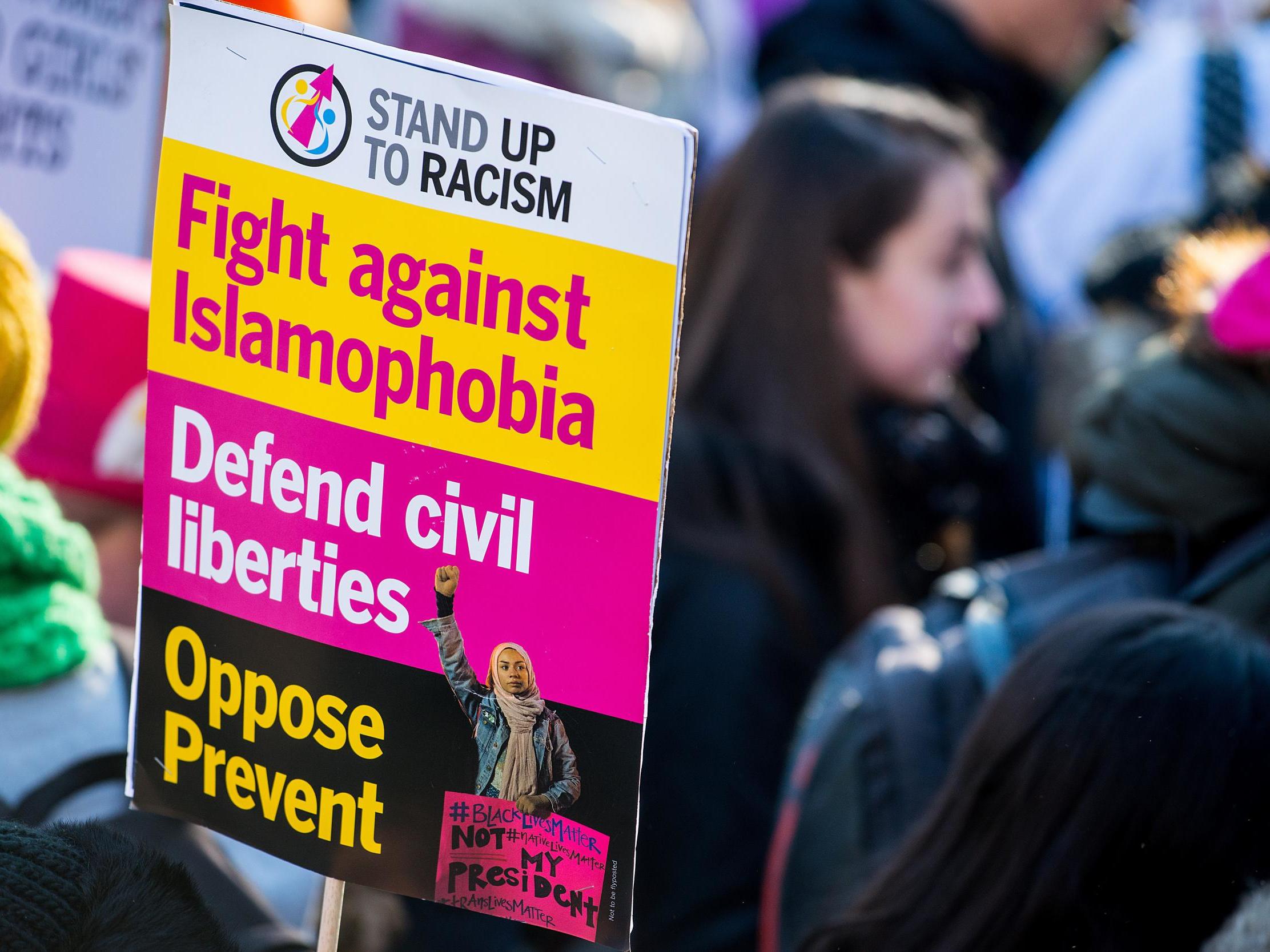As divisions grow, now is the time to hold a public inquiry into religious literacy in the media
Reasoned, open discussion around religion isn’t just helpful, it is necessary to cultivate the understanding needed to bridge cultural gaps and appreciate different belief systems, Elizabeth Butler-Sloss and Yasmin Qureshi

For many people in this country, religion may feel increasingly like a thing of the past. Yet while religious practice in the UK may be falling, a worldwide study found that almost 84 per cent of the global population identifies with some religious group. Understanding faith is essential if we are to understand the modern world.
Nor should the UK be seen as entirely secular. Our last prime minister regularly attended church and the current mayor of London fasts for Ramadan. Through the difficulty of the last few weeks, it has been deeply encouraging to see how many people of faith have led the way in working to help and support their neighbours. The apparatus of the state places faith on the periphery, but for many citizens belief and prayer are woven into the patterns of their everyday private lives.
The 2015 report on “Living with Difference” by the Commission on Religion and Belief in British Public Life emphasised the changing religious landscape of the country. A rise in non-belief has been matched by both a fall in Christian affiliation and an increasing diversity of belief among people of faith. Even among those who ascribe to “non-belief”, some identify as humanists, others express an interest in spirituality outside of traditional religious systems.
Faith is also yet another issue that divides young and old: while one-third of those over 75 describe themselves as Anglican, just 1 per cent of 18- to 24-year-olds do. Navigating differences in faith and belief is important to bridging the gaps between young and old, secular and devout, within religions and between denominations. We also feel this is an issue which will get more important not less. Just last year, for the first time in decades, disputes relating to religion featured prominently and controversially in a general election.
Crucially for this inquiry, we believe that no group plays a more important role in shaping our understanding of those differences than the media. While nuanced representations of faith groups can promote mutual understanding and social harmony, reductive or misleading depictions can aggravate social tensions. Very occasionally misrepresentation is due to discriminatory views on behalf of a journalist. Far more often it is a question of misunderstanding or ignorance. This is where religious literacy comes in.
It’s a complicated concept, suggesting both a level of knowledge about faith and an understanding of the complicated relationship between religion and society more widely. The All-Party Parliamentary Group on Religion in the Media is undertaking this inquiry to examine how different groups understand religious literacy and what steps can be taken to cultivate a media environment which is religiously literate. For instance, does underrepresentation of people of faith in newsrooms prevent particular stories being told, or distort those stories which do receive coverage? Do people of faith trust journalists to represent their views accurately? And what steps could be taken to build greater understanding?
It goes without saying that journalists must be free to report accurately on matters relating to faith. Reasoned, open discussion around religion isn’t just acceptable, it is necessary to cultivate the understanding needed to bridge cultural gaps and appreciate different belief systems. Constructive disagreement is foundational to our democracy. Even this country’s great Anglican tradition came about through its own history of intense public debate, ignited by the printing press and debated on market squares.
Like everyone else, our inquiry will have to adapt over the coming months but we hope people from all walks of life will take part. The relationship between media and religion is nuanced and rich: questioning and discussing our beliefs is a timeless and vital process. The aim of our inquiry is to understand how these debates can be best fostered and aided through a religiously literate media.
The inquiry is open to members of the public. More information can be found at https://www.appgreligioninmedia.uk/inquiries.
Baroness Butler-Sloss is a former senior judge, Yasmin Qureshi is MP for Bolton South East
Join our commenting forum
Join thought-provoking conversations, follow other Independent readers and see their replies
Comments